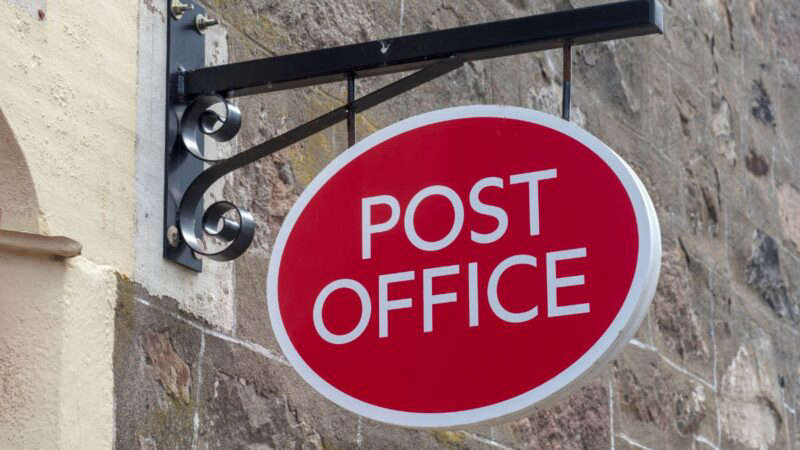
Winter Fuel Payment fraud, or Winter Fuel Payment scams, are a type of "Phishing" scam where criminals attempt to trick individuals, particularly older and vulnerable people, into giving up their personal and financial information.
The scam typically involves fraudsters sending fake text messages, emails, or making phone calls that claim to be from a government department like the Department for Work and Pensions (DWP) or HM Revenue & Customs (HMRC). The messages often state that the recipient needs to "apply" for a Winter Fuel Payment or that they haven't submitted their application. They include a link to a fake government website where the individual is asked to enter personal details, including bank account information, in order to "claim" the payment.
Why It's a Scam
The key thing to remember is that in the UK, the Winter Fuel Payment for the vast majority of people is automatically paid to eligible individual. The government will never contact you by text, email, or phone to ask for your bank details or other personal information, in order to "process" your payment.
How to Avoid Becoming a Victim
The general public, and especially those who are eligible for the Winter Fuel Payment, can take several steps to protect themselves from these scams:
Be aware of the process. The most important thing to know is that if you are eligible for the payment, it will be sent to you automatically. You do not need to apply or provide your details.
Do not click on links in suspicious messages. If you receive a text or email claiming to be about a Winter Fuel Payment, do not click on any links. These links lead to fraudulent websites designed to steal your information.
Look for red flags. Scammers often create a sense of urgency, using phrases like "act now" or "deadline approaching."
Are there spelling and grammar errors in the message?
Don’t share personal information. Government agencies will not ask for your bank details, PIN, or passwords over the phone, via text, or in an email.
Block and delete the message. If you receive a suspicious text, email, or call, simply block the sender and delete the message.
Tell others. Inform older friends, family members, and neighbours about these scams, as they are often the targets.
What to Do If You've Been Targeted
Do not respond to the scam. End all communication with the scammer.
Contact your bank immediately. If you have disclosed any financial information or lost money, call your bank's fraud department right away. In the UK, you can use the 159 hotline to connect directly to your bank's fraud department. Note – Most but not all telecom providers offer this service.
Report the scam. You can report a suspicious text message by forwarding it for free to 7726. You can send Phishing emails to report@phishing.gov.uk You can also report scams to Action Fraud on 0300 123 2040 or via their website.
Need Help or Advice?
If you're unsure about a message or phone call you've received, speak to a trusted relative or friend, you can also contact Citizens Advice / Age UK or other appropriate charities for guidance. Always remember, when in doubt, never give out any personal information. If necessary contact the relevant government department, directly using the official contact details shown on the GOV.UK website.

 Hospiscare needs your help with a unique ‘double your money’ fundraising challenge
Hospiscare needs your help with a unique ‘double your money’ fundraising challenge
 County Council invites residents to help shape 2026/27 budget
County Council invites residents to help shape 2026/27 budget
 ‘Pop-up’ vaccination clinics being held in several communities this week
‘Pop-up’ vaccination clinics being held in several communities this week
 Rural areas to be hit hardest by Lloyds’ removal of cheque deposit facilities at Post Offices
Rural areas to be hit hardest by Lloyds’ removal of cheque deposit facilities at Post Offices












